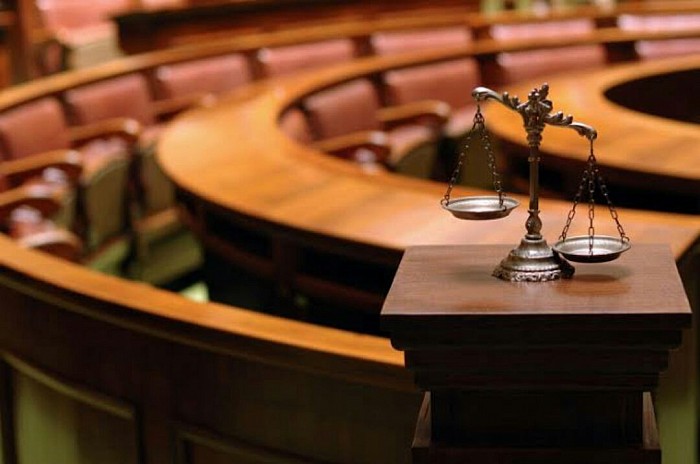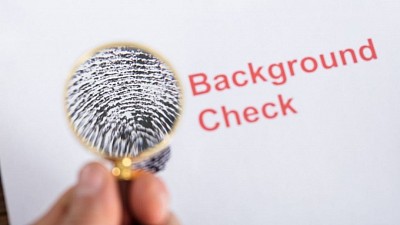Civil Investigation
What is a Civil Investigation?
A civil investigation uncovers and assembles evidence necessary for a civil trial.
A civil trial is a type of court case involving two individual citizens who disagree on an issue that relates to their rights as citizens. For example, if one person sues another for damages caused by a domestic accident, the case will likely be conducted as a civil trial. Civil investigators are responsible for gathering the evidence essential to such a trial.
Civil Cases vs Criminal Cases
Though often confused, civil and criminal cases are different and are therefore investigated differently.
What is a civil case?
Civil cases are private disputes between individuals or organizations in which a person or entity will bring forward complaints that another person or entity failed to uphold their legal duty. The accusatory party will usually ask for completion of the duty and compensation for the harm done. A private investigator can be hired by one or both parties involved and can gather evidence in a reliable, legal manner.
What is a criminal case?
Criminal cases are situations in which a person is charged formally by the government on behalf of the people. It isn’t the victim’s responsibility to bring forth a criminal case and sometimes there isn’t even a specific victim. The result of a criminal case is a sentence that could include a monetary penalty, imprisonment, or supervision in the community. Investigation methods are usually determined by the government rather than the individuals involved.
What are common types of civil investigations?
While there are many kinds of civil investigations, some of the more common ones are:
Personal injury investigations:
These investigations look into how an injury occurred in order to determine potential compensation.
Workers' compensation investigations:
The goal of workers’ comp investigations are to uncover and prevent insurance fraud.
Missing person investigations:
Investigators conduct a missing person investigation to uncover information about people who are missing.
Child custody and abuse investigations:
This type of investigation reveals the potential negligence and mistreatment of children.
Marital investigations:
Investigations into marital disputes can uncover anything from domestic abuse to a cheating spouse.
What happens in a civil investigation?
A civil investigation typically begins with analysis. A private investigator will meet with the person initiating the investigation in order to discuss the goals and budget of the investigation. The investigator will then conduct their investigation utilizing a variety of investigative techniques to gather relevant evidence. Depending on the individual investigation, they may use surveillance, background checks, forensic investigation, asset searches, witness examination, and other methods. The investigator will then discuss their findings with the client and, if needed, create an official report or act as an expert witness.
What kind evidence does a civil investigator look for?
Financial documents (checks, bank statements, etc.)
Computer and cell phone activity (emails, texts, GPS, etc.)
Statements from friends, family, and colleagues
Business and public records Physical evidence
Do you need a civil investigation?
If you are going to be involved in a court case, a civil investigation may be essential. Unbiased proof can be the determining factor in any case. A private investigator can acquire this evidence in a professional and legal way. Read more to determine if your civil case may require a private investigator.
There are a number of civil cases that can be helped along with a civil investigation:
Child custody and recovery cases.
In these cases, civil investigators can uncover evidence of child abuse or neglect that can prove whether one spouse should be entrusted with the children more. Asset searches in these cases can reveal whether one spouse has hidden assets that can be used to support the children.
Corporate cases.
In these cases, civil investigators can use due diligence investigations, asset searches, surveillance, witness location, and computer investigations to uncover the sometimes complicated details of company management. These investigations can be a big help for companies facing due diligence, fraud, or other lawsuit cases. Businesses affected by theft of trade secrets or trademark infringement can also benefit from civil investigators, who can find the evidence needed to start a lawsuit that can mean compensation for businesses.
Marital infidelity cases.
Civil investigators can gather evidence of infidelity that can help in civil suits and lawsuits in court.
Missing person's cases.
Civil investigators can use skip tracing and missing person's investigations to locate people who are lost. In cases where foul play is suspected, investigators can gather the evidence that may be needed in a criminal investigation.
Personal injury cases.
For anyone injured by a defective product or accident, civil investigators can be a big help. They can uncover evidence of neglect or recklessness, and this can help victims get compensation for their medical bills and other costs associated with the personal injury.
Workers compensation cases.
Civil investigators can use surveillance and other methods to gather evidence of workers compensation fraud for companies who may be unwittingly paying benefits to workers who are, in fact, fit to work. For individual workers, civil investigators can gather evidence of incomplete compensation pay or other problems.
Anyone involved in a civil suit should speak to their attorney to find out what steps are being taken to gather evidence for the case. Plaintiffs may want to spend extra time talking to an investigator on their own if they need additional evidence or worry about the quality of evidence gathered by the attorneys own investigative team.
There are many kinds of civil investigations, with some of the more common ones being:
• Domestic surveillance, which can include nanny cams, caregiver background checks, security surveillance, and many other types of investigations that ensure that you and everyone in your home remain safe.
• Personal injury investigations, which attempt to find out how an injury has occurred.
• Background checks, which try to determine whether those people you trust with your business or personal life really are deserving of the faith you put in them.
• Asset searches, which try to uncover hidden funds and valuables owned by debtors, companies, and individuals. Missing persons investigations.





